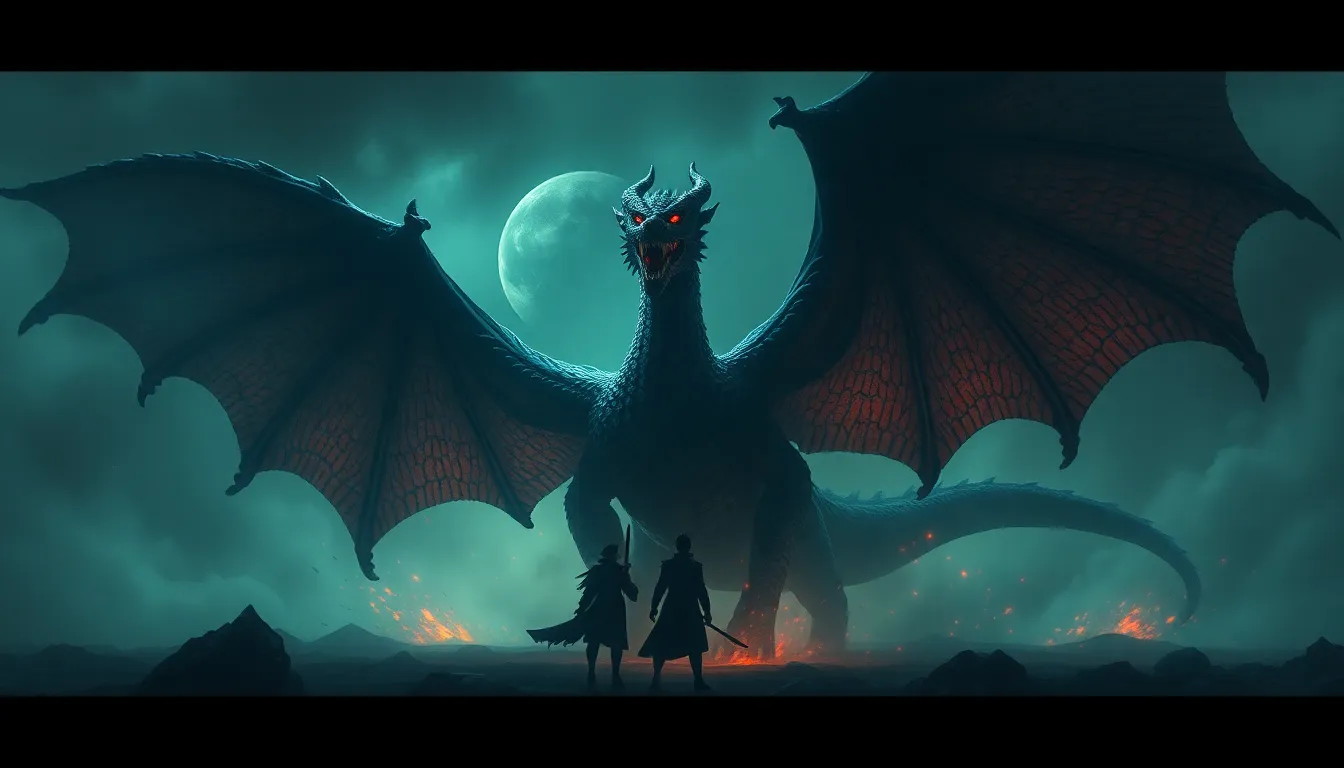Ohana: The Heart of Hawaiian Culture
In the vibrant tapestry of Hawaiian culture, the concept of 'ohana stands as a central thread, weaving together the very fabric of society. 'Ohana, meaning "family" in the Hawaiian language, transcends the traditional Western definition, encompassing a much broader and deeper sense of belonging. It's not just about blood ties; it's about a profound connection that extends beyond the immediate family, embracing an intricate network of individuals who share a common history, values, and purpose.
The Hawaiian Concept of ‘Ohana
Imagine a community where everyone is family, where bonds of kinship are woven tightly through shared experiences, traditions, and responsibilities. This is the essence of 'ohana in Hawaiian culture. It's a system of interconnectedness that fosters a sense of belonging and security, emphasizing the importance of collective well-being over individual gain.
'Ohana is not merely a biological construct but a deeply rooted philosophy that shapes every aspect of Hawaiian life. It serves as a guiding principle, influencing social interactions, decision-making, and the overall sense of community.
‘Ohana in Hawaiian Mythology
The significance of 'ohana is deeply embedded in Hawaiian mythology, where stories of gods, goddesses, and ancestral spirits highlight the interconnectedness of all beings. The creation myth, for example, tells of the birth of the islands from the union of the sky father, Wakea, and the earth mother, Papa. This union symbolizes the fundamental interconnectedness of all life, reflecting the core values of 'ohana.
Legends of powerful deities like Pele, the goddess of volcanoes, and Ku, the god of war, often involve narratives of family, reflecting the importance of lineage, respect for elders, and the unwavering loyalty that binds 'ohana members together. These stories serve as powerful reminders of the profound significance of family and its role in shaping the lives of individuals and communities.
The Foundation of ‘Ohana: Lineage and Ancestry
'Ohana is rooted in the concept of lineage and ancestry, emphasizing the vital role of genealogy in defining identity and belonging. Hawaiians trace their ancestral roots back to specific lineages, often associated with specific lands, deities, and cultural practices. This connection to ancestors provides a sense of continuity and belonging, reinforcing the notion that each individual is an integral part of a larger historical narrative.
Understanding one's lineage within the 'ohana structure is essential for navigating social interactions, honoring ancestral traditions, and fulfilling responsibilities to the community. Family history is meticulously documented and passed down through generations, fostering a profound sense of connection to the past and a deep appreciation for the legacy of 'ohana.
Beyond Blood: Expanding the Circle of ‘Ohana
While blood ties form the foundation of 'ohana, the concept extends beyond immediate family members to encompass a wider circle of individuals who share a common bond. This includes extended family, friends, neighbors, and even individuals who have earned a place in the 'ohana through acts of kindness, loyalty, and shared experiences.
This expansive definition of 'ohana highlights the emphasis on community and shared responsibility, creating a support system that extends beyond the traditional nuclear family. It emphasizes the importance of mutual respect, compassion, and generosity, fostering strong bonds that transcend biological connections.
The Role of ‘Ohana in Daily Life
'Ohana isn't just a concept—it's a way of life deeply woven into the fabric of daily existence in Hawaii. From the smallest family gatherings to the biggest community events, 'ohana principles guide actions and interactions.
In the heart of a Hawaiian home, the concept of 'ohana thrives. Elders are respected, children are nurtured, and everyone pitches in to share household chores and responsibilities. Meals are often shared together, fostering a sense of unity and connection. It's common to see multiple generations living under one roof, ensuring that cultural traditions are passed down and that familial bonds remain strong.
This sense of shared responsibility extends beyond the home to the community at large. 'Ohana values are reflected in the practice of 'aloha, a way of life that emphasizes love, compassion, and respect for all beings.
‘Ohana and the Importance of Mutual Support
In times of need, the 'ohana network provides a vital support system. When someone faces illness, hardship, or loss, their 'ohana rallies around them, offering practical assistance, emotional support, and a sense of belonging. This unwavering support system is a testament to the strength of the 'ohana bond and its ability to see individuals through difficult times.
The concept of 'ohana is also deeply intertwined with the Hawaiian practice of "kuleana," a sense of responsibility to care for the land, the community, and future generations. This collective commitment to stewardship reflects the interconnectedness of all things and the belief that everyone has a role to play in preserving the well-being of the 'ohana, both present and future.
The ‘Ohana as a Source of Strength and Resilience
The strength and resilience of the Hawaiian people are rooted in the unshakeable bond of 'ohana. When faced with challenges, the 'ohana network provides a source of unwavering support, encouraging individuals to persevere and overcome adversity. The shared experiences and collective strength of the 'ohana act as a buffer against hardship, reminding individuals that they are not alone in their struggles.
The concept of 'ohana is not just about family; it's about community, belonging, and shared purpose. It fosters a sense of collective identity and reinforces the belief that everyone has a role to play in building a strong and resilient society.
‘Ohana in Modern Hawaiian Society
While the concept of 'ohana remains deeply ingrained in Hawaiian culture, its expression in modern society has evolved. The influence of Westernization and globalization has brought challenges and changes to traditional ways of life, affecting how 'ohana operates.
Despite these challenges, the concept of 'ohana continues to play a significant role in modern Hawaiian society. It serves as a guiding principle for individuals and communities, fostering a sense of belonging, providing a support network, and reminding people of the importance of shared responsibility.
The Impact of Westernization on the ‘Ohana Concept
Westernization has brought a mix of influences to Hawaiian society, including the nuclear family model and a focus on individualism. This shift has, in some ways, challenged the traditional understanding of 'ohana, as individuals may find themselves navigating a complex mix of familial and cultural obligations.
However, the spirit of 'ohana remains strong in many Hawaiian communities. While the traditional extended family structure may not be as prevalent as in the past, the fundamental values of 'ohana—mutual support, respect for elders, and a sense of community—continue to shape how individuals interact and connect with one another.
The Future of ‘Ohana in Hawaiian Culture
The future of 'ohana in Hawaiian culture hinges on the ability of communities to adapt and evolve while preserving the core values that define the concept.
As Hawaii continues to face challenges such as economic inequality, environmental degradation, and the impact of globalization, the enduring strength of 'ohana will be crucial for navigating these complexities. The ability to embrace inclusivity, foster intergenerational connections, and prioritize the well-being of the community will be essential for ensuring that 'ohana remains a vibrant and vital force in Hawaiian society.
FAQ
What are some examples of how 'ohana is expressed in modern Hawaiian society?
- Community luaus and gatherings that bring together families and friends.
- Support groups and mentorship programs that provide guidance and support to youth.
- Local businesses that prioritize community involvement and social responsibility.
How does the concept of 'ohana relate to Hawaiian traditions like hula and surfing?
- These practices are often taught and passed down within families and communities, reflecting the importance of shared knowledge and cultural heritage. They represent a way of connecting with the land, the ancestors, and the community.
Is it possible for non-Hawaiians to be part of an 'ohana?
- While blood ties are important, 'ohana is about shared values, respect, and community. Anyone who embodies these values can be welcomed into an 'ohana, regardless of their ethnicity or heritage.
How can we better understand and appreciate the importance of 'ohana in Hawaiian culture?
- Learn about Hawaiian history, mythology, and traditions.
- Attend local events and gatherings that celebrate Hawaiian culture.
- Engage with Hawaiian communities and learn from their perspectives.
What can we learn from 'ohana as a model for building stronger communities?
- The importance of mutual support, respect, and a sense of shared responsibility.
- The value of intergenerational connections and the importance of preserving cultural traditions.
- The need for inclusivity and a welcoming environment for all individuals.



